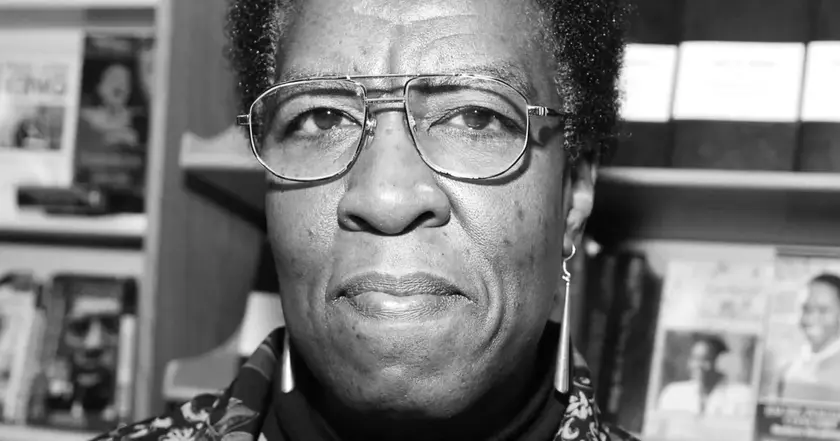T4K3.news
New Butler profile highlights enduring relevance
A fresh look at Octavia Butler connects her life to today’s climate and politics, inviting a new generation to engage with her work.

A new biography reframes Octavia E. Butler's life and work as a study in resilience and imagination, connecting her early struggles to current debates about race, gender and creativity.
Butler's Enduring Influence Guides a New Generation
Susana M. Morris's Positive Obsession traces Octavia E. Butler's journey from a shy Black girl born under Jim Crow to a literary icon whose work continues to reach TV, comics and classrooms. Drawing on Butler's journals, interviews and letters, the book shows how writing became a life line and a form of resistance against racism and economic pressure. Butler toiled in factories, washed dishes and took whatever jobs paid the bills while building worlds that felt urgent and humane.
The biography frames Butler as more than a science fiction writer, describing her work as speculative fiction that speaks to today’s climate, inequality and political power. The public’s renewed interest is visible in TV adaptations of Kindred and Parable of the Sower and in a viral social media thread that frames Butler's ideas as warnings for the present. Morris aims to inspire students and artists who think they cannot afford to create, showing that discipline and what she calls a beautiful obsession can coexist with financial strain.
Key Takeaways
"Prescient? Absolutely."
Morris on Butler's enduring relevance
"She lived a life of the mind."
Morris describing Butler's approach
"She wrote because she had to"
Morris on Butler's motivation
"But in Bloodchild, it complicates our idea of what bodies are supposed to do"
From the article’s discussion of Butler's story
Butler’s life story invites readers to see imagination as a daily practice, not a luxury. The portrait foregrounds persistence in the face of poverty and prejudice, and highlights how literature can be a compass for understanding power. It also raises questions about how we memorialize writers who emerge from marginalized communities and how to balance celebration with critical scrutiny.
The piece underscores a broader trend: biographies that connect past voices to current anxieties, from climate risk to political discourse. That linkage can broaden access to Butler’s work, but it also risks smoothing out the friction that made her writing so urgent. A careful approach keeps Butler's stubborn clarity intact while making her ideas usable for new creators.
Highlights
- Prescient absolutely
- She lived a life of the mind
- She wrote because she had to
- But in Bloodchild it challenges our ideas about bodies
Political and economic sensitivity in Butler profile
The piece ties Butler's legacy to current economic strains and political discussions, which could attract criticism or backlash from readers who see her work only in partisan terms. Budget and financial pressures around publishing and education may also affect reception.
The life Morris documents points to a simple truth imagination can outlast the times that try to erase it.
Enjoyed this? Let your friends know!
Related News

Everton hosts Roma friendly with Friedkin era in focus

The Odyssey gains renewed attention

New publisher exclusively for male authors launches in the UK

Netflix extends royal partnership with looser terms

South Park responds to Homeland Security's outreach

Aniston Paltrow talk about Pitt

New Albums from Bieber and Clipse Released

Family Guy airs controversial episode mocking Sussexes
